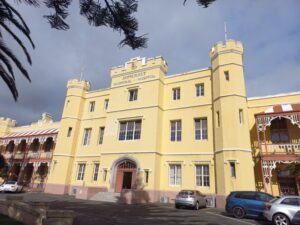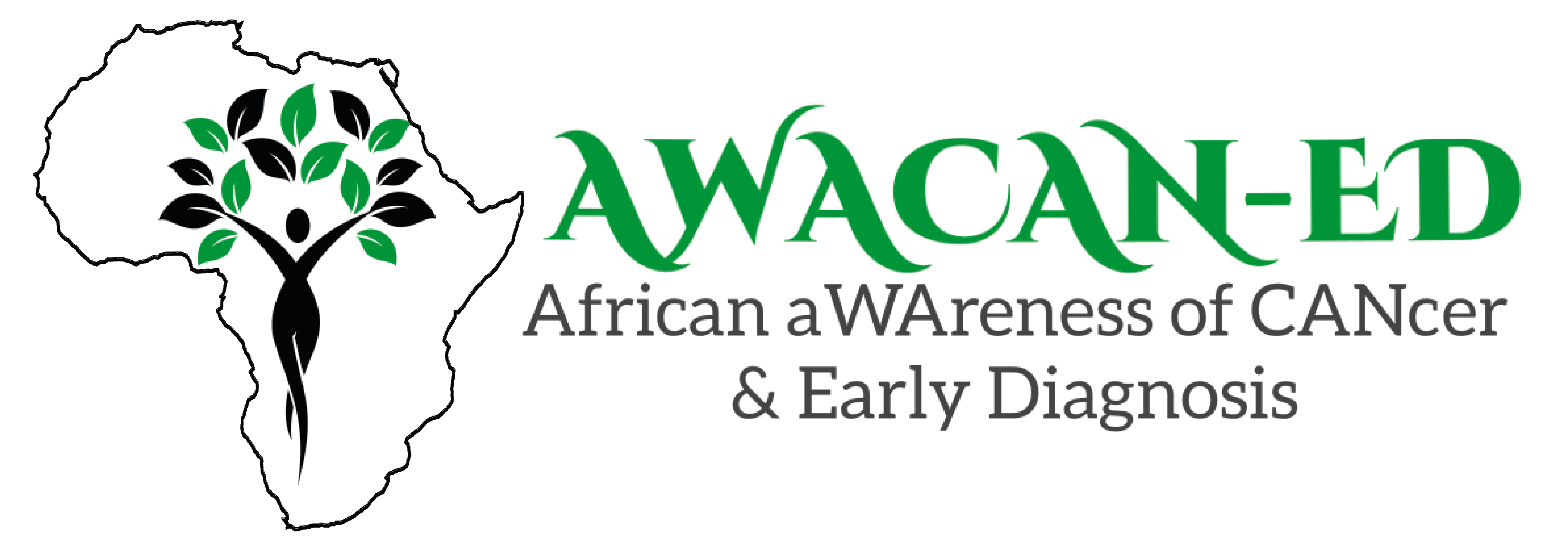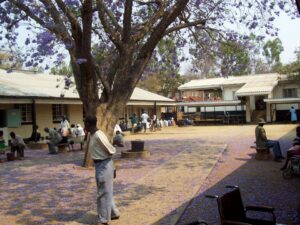Progress update from the field following the Health Facility Assessment pilot
The first half of 2023 has seen the African aWAreness of CANcer and Early Diagnosis (AWACAN-ED) project reach more than three quarters of the cross-sectional data collection recruitment target. Our research teams in both South Africa and Zimbabwe have collected 76% of the cross-sectional survey data by 3rd July 2023 and recruited a total of 857 participants!
Earlier in the year, we piloted the Health Facility Assessment (HFA) in Zimbabwe and South Africa and tested the tool in both primary and secondary / tertiary health facilities. The HFA takes stock of current capacities and services for breast, cervical and colorectal cancer diagnosis in the two countries, including human resources, infrastructure and relevant protocols and policies.
We are now collecting data for the HFA in South Africa and Zimbabwe. We are also piloting our in-depth interviews with healthcare workers. We would like to thank our exceptional research team for the high-quality data that has been collected, and their continuing dedication and hard work.
Below are some of the experiences from the field teams of conducting the health facility assessment across both countries.
 “In Cape Town, we conducted a health facility assessment with a facility manager in a primary healthcare facility. The interview went well, and the participant was very eager to assist. It helped that she has been involved before in research studies being conducted in the facility. Conducting interviews in a primary healthcare seemed much simpler than secondary / tertiary facilities, especially primary facilities closer to the Central Business District as they are well resourced. It will be interesting to experience conducting the study from secondary / tertiary facilities and primary healthcare facilities further away from the Central Business District.”
“In Cape Town, we conducted a health facility assessment with a facility manager in a primary healthcare facility. The interview went well, and the participant was very eager to assist. It helped that she has been involved before in research studies being conducted in the facility. Conducting interviews in a primary healthcare seemed much simpler than secondary / tertiary facilities, especially primary facilities closer to the Central Business District as they are well resourced. It will be interesting to experience conducting the study from secondary / tertiary facilities and primary healthcare facilities further away from the Central Business District.”
Field Site Coordinator, Cape Town, South Africa
“Health facility assessment pilot data collection was quite an interesting experience for the Bulawayo AWACAN-ED team. After the training we had to decide which facility we were going to carry out the pilot. At first, we thought since it’s a pilot lets target an easier facility, but later decided that we should rather choose the biggest institution we had, that had all the relevant departments including radiotherapy so as to have a real feel of the questionnaire. We also decided that instead of collecting data at one institution we should try two which included one primary and one tertiary institution.
At the primary care clinic, we met the sister-in-charge who, after seeing our letters of authorization from the City Health Department, welcomed us. The tertiary institution has many departments and they are all over the place. The Principal Nursing Officer was very strategic and helpful in providing most of the information we needed. We then went through the whole questionnaire with him guiding us on the various departments we would gather data from, where they are located and who the head of department was. This made life easier for us. We broke down our questionnaire according to the departments which included the HR, lab, radiotherapy, radiography, records, health equipment, stores, transport department, it, head of general surgery, head of gynae, domestic/waste supervisor and so forth. All in all 16 interviews were conducted to complete the whole questionnaire.
Above all the pilot was a success and the team looks forward to the data collection exercise which will include other institutions that are out of Bulawayo.”
Field Site Coordinator, Bulawayo, Zimbabwe


